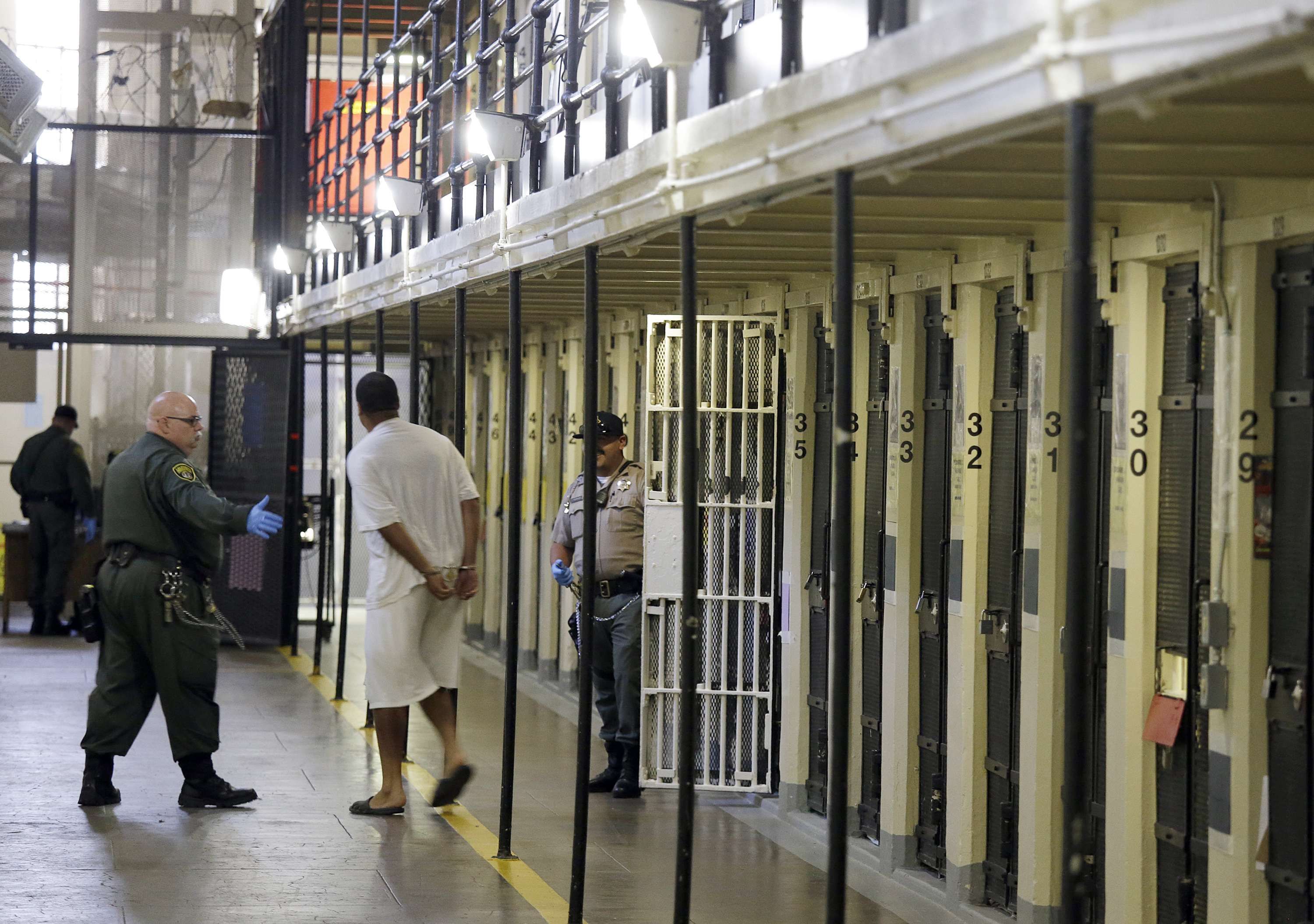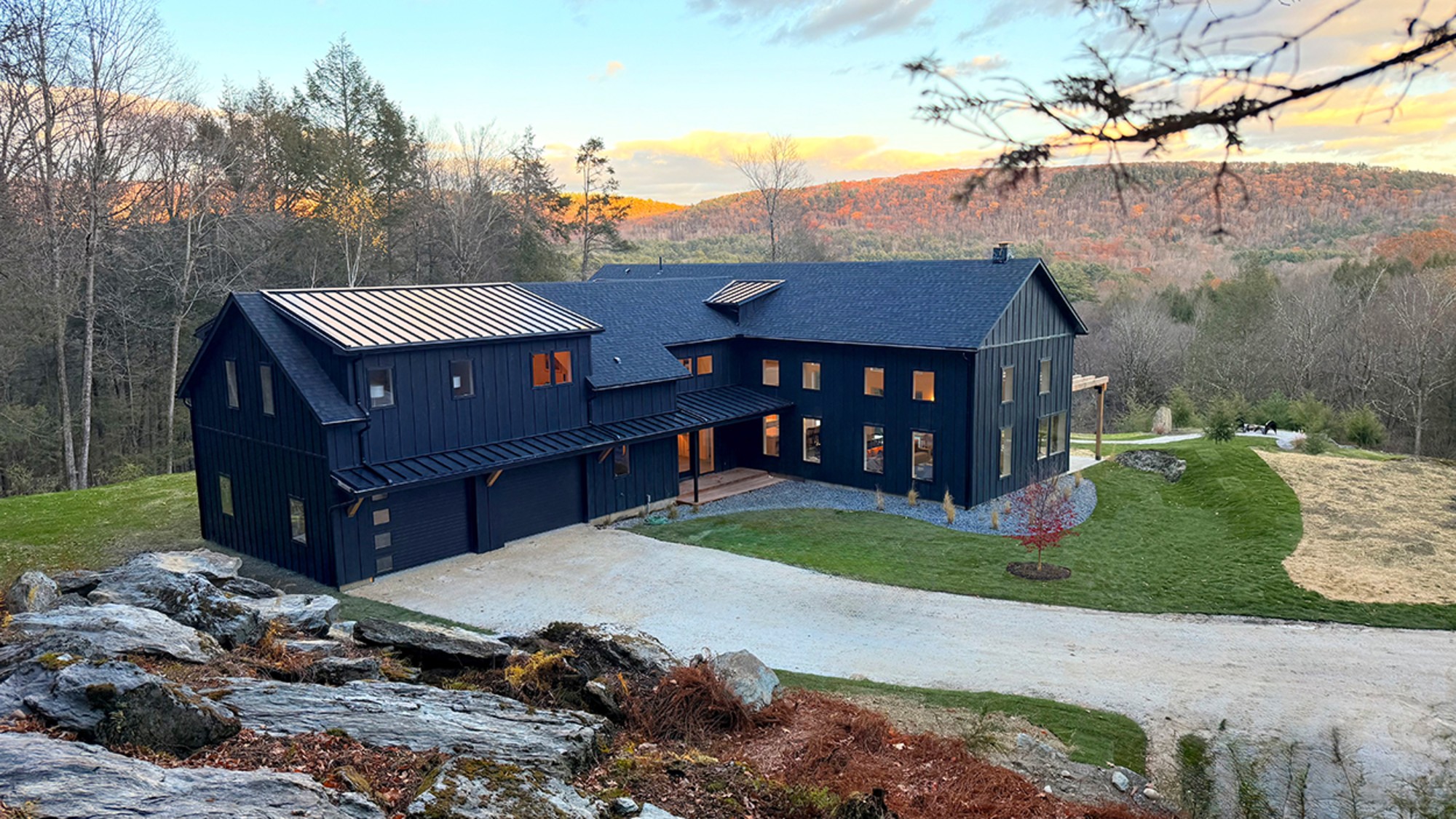Why Donald Trump can't stop criminal justice reform
Remember: Ours is a federalist system


Is criminal justice reform doomed by a Trump presidency? Many progressives and civil libertarians are in a panic that it might be.
With the rise of Donald Trump, many on the right may abandon their "recent embrace of criminal justice reform," writes Steven M. Teles at the libertarian Cato Institute. "Trump's campaign rhetoric on crime reads as if he is still in the New York of the late 1980s." Indeed, back in March, ThinkProgress ran through a litany of Trump's comments on crime and punishment (including "lethal injection is too comfortable a way to go"), leaving unspoken the clear conclusion that he would be no friend to reformers.
Writing at New York, Ed Kilgore was blunter: Thanks to Trump's win, "a painfully constructed bipartisan and cross-ideological movement to 'de-incarcerate' many people (disproportionately African-American and Latinos, of course) tossed into prisons as a result of the mandatory minimum sentences, which spread like wildfire in the 1980s and 1990s, could soon completely fall apart." Kilgore also declared that the president-elect's selection of Sen. Jeff Sessions (R-Ala.) for attorney general means criminal justice reform "is dead."
The Week
Escape your echo chamber. Get the facts behind the news, plus analysis from multiple perspectives.

Sign up for The Week's Free Newsletters
From our morning news briefing to a weekly Good News Newsletter, get the best of The Week delivered directly to your inbox.
From our morning news briefing to a weekly Good News Newsletter, get the best of The Week delivered directly to your inbox.
It's easy enough to see why they're worried. For one, the Sessions pick does signal a hardline approach to justice issues. Sessions is an unrepentant drug warrior who enthusiastically embraces civil asset forfeiture, lies about crime statistics, and has a history of race-related comments that at the very least deserve to be labeled "controversial." And Trump himself has backed higher mandatory minimum sentences and proposed a national stop-and-frisk program. It's no wonder that advocates of criminal justice reform, once buoyed by fresh bipartisan alliances and a major sentencing reform bill in the Senate, are now freaked out.
But the key detail many — including, I suspect, Trump himself — are forgetting is that ours is a federalist system.
State and local governments wield quite a bit of power in U.S. domestic policy. In fact, most of our day-to-day interactions with government don't involve Washington much at all. Schools, roads, police, utilities, the DMV, most courts, the inspector who comes out to make sure your new fence is up to code — these and more are all state and local affairs. They are influenced by Washington, of course, but hardly controlled by it.
Consider the libel laws Trump famously said he wanted to "open up." Defamation is overwhelmingly legislated at the state level and the feds have no constitutional claim to governance on this issue. This means that even as president, Trump can't "open up" anything. He could, I suppose, get Congress to pass some sort of federal incentive to try to convince states to change their laws, but it is doubtful Congress would be enthusiastic about such a proposal. And even if it did pass, does anyone believe media-heavy states like New York and California would choose to comply?
A free daily email with the biggest news stories of the day – and the best features from TheWeek.com
Or what about education? Though there is a federal Department of Education, the bulk of primary education policy is not made in Washington. Even Common Core (endorsed and mildly incentivized by President Obama) was adopted on a state-by-state basis. Today, eight states, including progressive Minnesota, have either never completely adopted the standards or have tried and subsequently rejected them. Unless Trump intends to return to his erstwhile proposal to eliminate the Department of Education entirely — an unlikely prospect given the Betsy DeVos nomination to head this very department — his promises of change in education policy are unquestionably overblown.
Which brings us to criminal justice reform. Here again the Trump White House can do far less damage than many realize. The Sessions pick must not be minimized, but Sessions' crusade to jail nonviolent drug users and override state-level legalization efforts is increasingly unsupported even by his Republican colleagues in Congress, who have passed legislation forbidding the Justice Department from using federal money to interfere with state-legalized medical marijuana and significantly warmed to causes like the reduction of mandatory minimums and mens rea reform.
But more important than the emerging new dynamic in Washington is the fact that criminal justice reform is and always will be primarily a local project. Police brutality must be addressed locally, regardless of who is president. "We have 18,000 police departments in the United States, and they're all going to have some sort of local control, and they're going to be guided by local ordinances or state laws," explained Jonathan Blanks, a research associate at the Cato Institute's Project on Criminal Justice, in a conversation we had about police misconduct for a piece published here at The Week earlier this year.
"Every community is going to have to come up with, 'What do we need the most? What's wrong with our police department?'" Blanks added. "Sometimes adding body cameras will do it. Sometimes a switch at the chief level, at the administrative level, will bring wanted change. Other times it's deep-down, systemic problems — blue wall of silence, the whole mess — like you see in Chicago." Federal policy makes a difference, especially where militarization via the Pentagon's 1033 program is concerned, but there are more than enough state- and local-level changes to occupy criminal justice reform activists for the duration of the Trump presidency.
None of this is to suggest, of course, that Trump steps into an impotent office. On the contrary, executive authority is obscenely overgrown, and my one source of optimism surrounding Trump's election is that it makes uniquely obvious the dangers of an imperial presidency. The list of things the president-elect can do with his newfound power is long and grim: The last 16 years have placed torture, assassination, indefinite detention, mass surveillance, and a host of other intolerables well within Trump's reach.
Still, the president's powers are not universal in scope. Donald Trump will be able to do far too much when he enters the Oval Office come January, but he cannot do everything — and for those dismayed by the ways of Washington, a fresh embrace of federalism offers as sure a safeguard as any.
Bonnie Kristian was a deputy editor and acting editor-in-chief of TheWeek.com. She is a columnist at Christianity Today and author of Untrustworthy: The Knowledge Crisis Breaking Our Brains, Polluting Our Politics, and Corrupting Christian Community (forthcoming 2022) and A Flexible Faith: Rethinking What It Means to Follow Jesus Today (2018). Her writing has also appeared at Time Magazine, CNN, USA Today, Newsweek, the Los Angeles Times, and The American Conservative, among other outlets.
-
 Homes with great fireplaces
Homes with great fireplacesFeature Featuring a suspended fireplace in Washington and two-sided Parisian fireplace in Florida
-
 Is $140,000 the real poverty line?
Is $140,000 the real poverty line?Feature Financial hardship is wearing Americans down, and the break-even point for many families keeps rising
-
 Film reviews: ‘The Secret Agent’ and ‘Zootopia 2’
Film reviews: ‘The Secret Agent’ and ‘Zootopia 2’Feature A Brazilian man living in a brutal era seeks answers and survival and Judy and Nick fight again for animal justice
-
 Has Zohran Mamdani shown the Democrats how to win again?
Has Zohran Mamdani shown the Democrats how to win again?Today’s Big Question New York City mayoral election touted as victory for left-wing populists but moderate centrist wins elsewhere present more complex path for Democratic Party
-
 Millions turn out for anti-Trump ‘No Kings’ rallies
Millions turn out for anti-Trump ‘No Kings’ ralliesSpeed Read An estimated 7 million people participated, 2 million more than at the first ‘No Kings’ protest in June
-
 Ghislaine Maxwell: angling for a Trump pardon
Ghislaine Maxwell: angling for a Trump pardonTalking Point Convicted sex trafficker's testimony could shed new light on president's links to Jeffrey Epstein
-
 The last words and final moments of 40 presidents
The last words and final moments of 40 presidentsThe Explainer Some are eloquent quotes worthy of the holders of the highest office in the nation, and others... aren't
-
 The JFK files: the truth at last?
The JFK files: the truth at last?In The Spotlight More than 64,000 previously classified documents relating the 1963 assassination of John F. Kennedy have been released by the Trump administration
-
 'Seriously, not literally': how should the world take Donald Trump?
'Seriously, not literally': how should the world take Donald Trump?Today's big question White House rhetoric and reality look likely to become increasingly blurred
-
 Will Trump's 'madman' strategy pay off?
Will Trump's 'madman' strategy pay off?Today's Big Question Incoming US president likes to seem unpredictable but, this time round, world leaders could be wise to his playbook
-
 Democrats vs. Republicans: who are US billionaires backing?
Democrats vs. Republicans: who are US billionaires backing?The Explainer Younger tech titans join 'boys' club throwing money and support' behind President Trump, while older plutocrats quietly rebuke new administration
